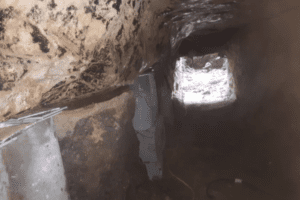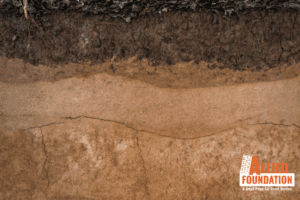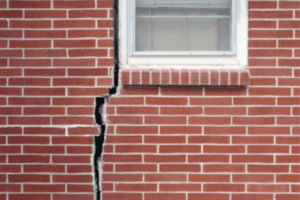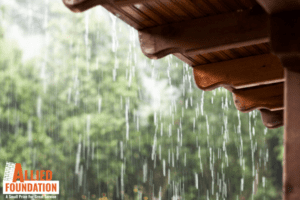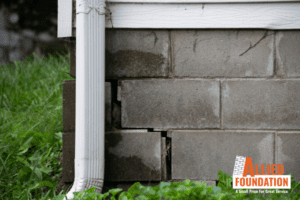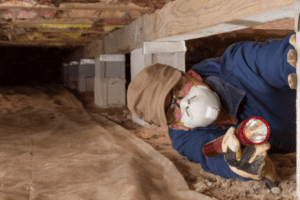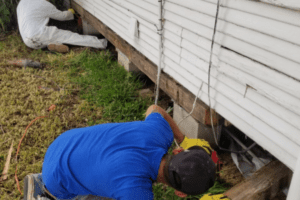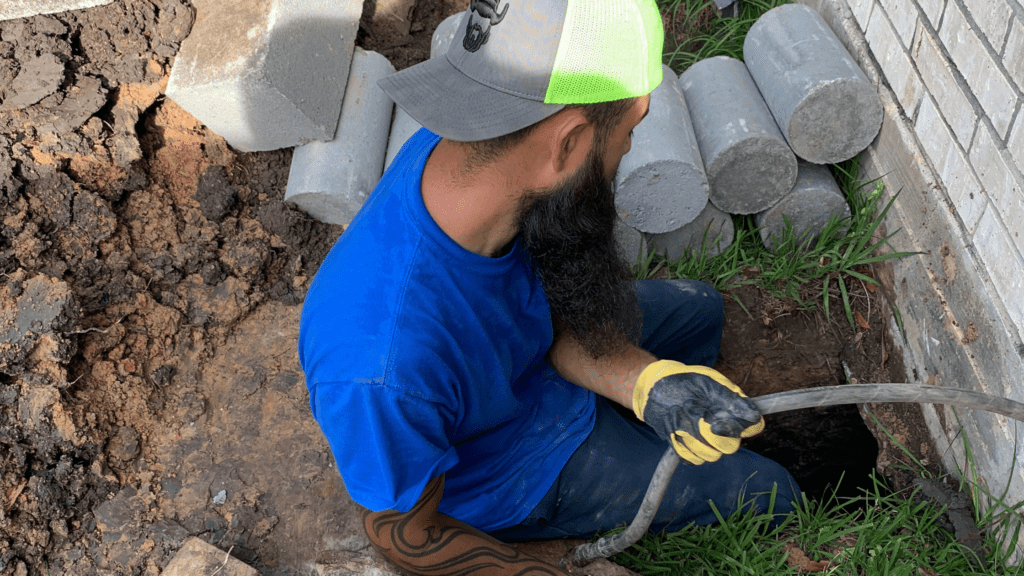One thing that many Houston homeowners aren’t aware of is that foundation damage can be prevented quite easily. By performing a few simple maintenance tasks, such as inspecting the foundation and the soil around it on a regular basis, addressing drainage issues as soon as you notice them, keeping the soil around your foundation moist enough during drought conditions, having regular plumbing inspections done by professionals to avoid leaks, and installing root barrier systems around the trees and shrubs that are growing too close to your home, you can prevent foundation problems and save money in the long run.
Regrettably, most homeowners find out about these simple preventive measures after foundation problems occur. As a result, some of them need to face one of the worst nightmares: extensive damage followed by costly repairs. Because repairing a foundation can be a big deal to a homeowner, it’s important to be prepared before having a professional come in to fix your foundation. Here are 7 tips to make things easier for you and the foundation repair contractor.
Tip #1: Examine the Foundation Yourself
Although an experienced professional could identify different foundation issues that you might otherwise overlook, inspecting the foundation yourself will allow you to address problems early. Here are a few warning signs that could indicate you need to contact a foundation repair contractor:
- small or large cracks in the foundation, the soil around it, and/or exterior walls;
- standing water next to your foundation;
- drainage problems every time it rains;
- mold, mildew, or water seepage in the crawlspace;
- rotting wood;
- water stains on floors and lower areas of walls;
- frequent water leaks in the home;
- doors and windows that are difficult to open and close;
- uneven, bouncy, or soft floors.
Tip #2: Have Your Foundation Assessed by a Professional
If you’ve observed any foundation problems in your home, a foundation assessment performed by a foundation repair contractor will point out the main cause of the damage. The professional could also give you a rough idea of how much work needs to be done on your foundation, offer you a free foundation repair estimate, and suggest different methods that can be used to perform the repairs required and ensure that foundation damage never returns.
Tip #3: Choose the Right Method of Repair
Although there are different ways to repair a failing foundation, the most durable method is piering, also known as underpinning or hydraulic jacking. Because this method involves driving a series of concrete piers deep into the soil and lifting the foundation above the ground, the variations in the soil moisture content will no longer affect the foundation and home.
Tip #4: Fix Foundation Problems As Soon As Possible
A home with foundation problems is cause for serious concern because even a small issue can escalate into severe damage in just a few weeks or months. Regardless of the foundation problems you’ve observed, fixing them early is always easier and less expensive than waiting and then facing large-scale structural damage.
Tip #5: Protect Your Property
Foundation work can affect both the exterior and interior of your home. To protect your property and make cleanup easier, remove all unnecessary items from the work area, including the outdoor furniture, potted plants, garden tools, etc. As well, you should protect your floors, indoor furniture, electronics, and HVAC system from the dust and debris resulting from the foundation repair process. To minimize dust and debris, you could also isolate work areas with dust barrier systems.
Tip #6: Look for a Temporary Place to Stay
If your foundation and home require extensive repair work, the entire procedure can be quite intrusive, affecting your comfort. As well, it may involve the use of noisy construction equipment (e.g. hydraulic machines, jackhammers, rock drilling tools, etc.), which means that it can be very loud. In that case, temporary relocation might be the best solution for your family. If moving out isn’t a valid option for you, the foundation repair contractor may be able to come up with a work schedule that accommodates your family’s needs.
Tip #7: Consider Financing Options
Many Houston homeowners don’t have any choice but to pay for foundation repairs out of their own pockets. However, there are several methods of financing foundation repairs that might be available to you. For instance, you could opt for a home equity loan, HELOC, cash-out refinance, personal loan, grants, home improvement loans, or home repair loan programs. Some insurance companies also cover foundation repairs as long as the damage was caused by a covered peril.
Dealing with foundation issues is no fun. That’s why many homeowners tend to ignore a foundation problem, hoping it will disappear on its own. But disregarding foundation damage won’t fix it. Rather, the sooner you contact foundation repair contractors to come and fix the issue, the better off you’ll be in the future. If you’ve noticed any signs of foundation distress, contact our professionals at Allied Foundation! With more than 40 years of industry experience and many successful foundation repairs under our belt, we’re ready to take on any foundation repair project, no matter the size.

